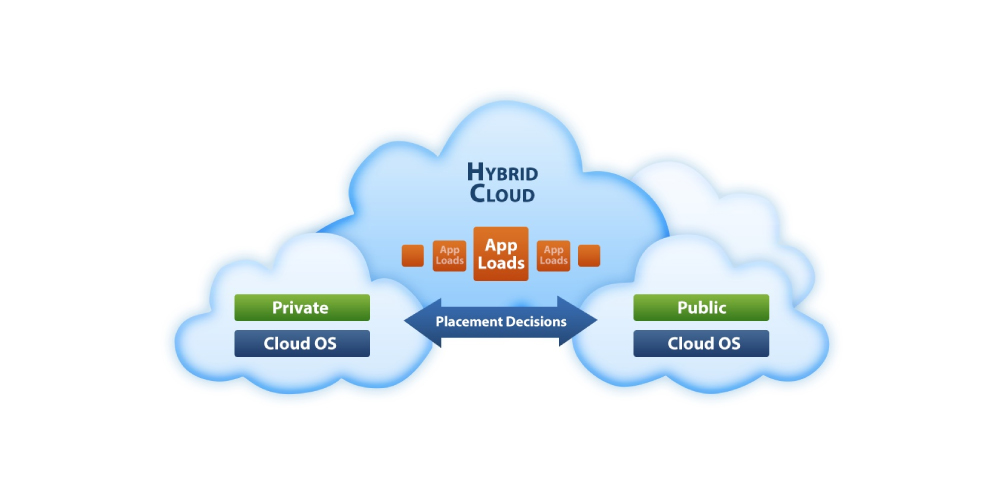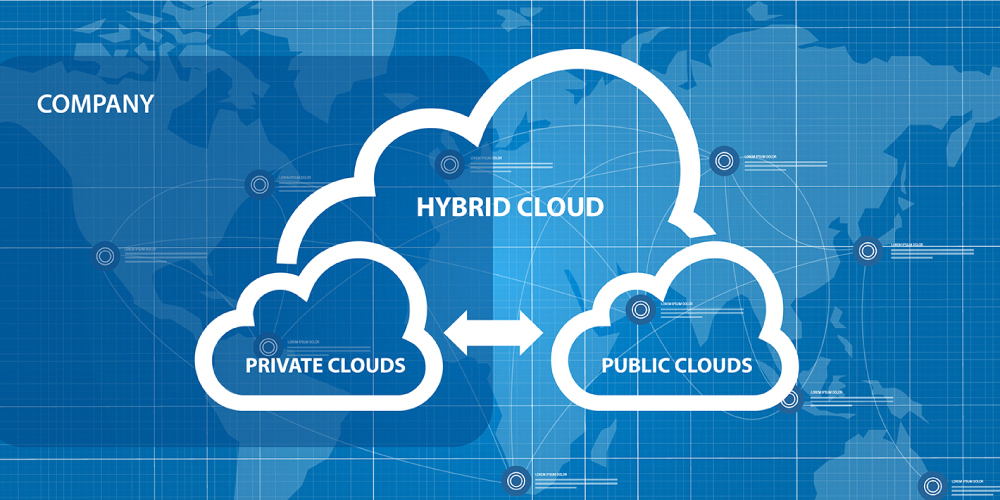Logout
Are you sure want to logout?
Yes
No

Full Name
Enter full name
Contact Number
Enter contact number
Enter valid contact number
Email Address
Enter email address
Enter valid email address

8 Mar 2022

8 Mar 2022
Cloud Computing can be defined as storing and accessing data and computing services over the internet. Though it does not store the data on the system, but it marks its importance by having the availability of computer services, such as data storage, networking, databases, etc.
It shows its main purpose in providing access to data centers to many users.
The name Cloud has its origin from the network design that was used by network engineers that represent the location of various network devices and their interconnections. This network design was in the shape of a cloud, hence the name is given.
Data storage shows its importance in almost all fields, as the companies spent a huge amount in maintaining their details. Small and Large scale business takes great efforts to maintain the data and needs the support of IT and a storage hub. It acts as a cheaper solution for businesses that cannot afford the high cost of in-house IT infrastructure and backup support services. It marks its attribute in providing efficiency in storing, computation, and less maintenance cost which attracts the bigger businesses. It also leads to a decrease in hardware and software demand from the side of users.
This system interface software works in a simple way like the Web Browser. It harnesses small businesses effectively having limited resources, and also provides access to the technologies that previously were out of their reach. It also marks its importance in helping small businesses to convert their maintenance cost into profit.
One needs to pay a lot of attention to avoid the flaws in the system to make smooth running. In cloud computing, the service provider marks its importance in taking complete responsibility for the complication.

These show their origin from the IT infrastructure.
Amazon Web Service, Google and IBM Cloud, and Microsoft Azure are some of the largest public cloud providers.
Cloud providers serve the people with on-premise centers.
When the environments get partitioned and redistributed to multiple tenants, then all clouds become public.
Some of the providers offer free clouds to the tenants.
These are also beneficial to individual users as well, and also allow organizations to scale at a near infinite rate.
Its strategy provides organizations a way to grow at scale.
It takes the security very seriously, and ultimately protects the information by hosting it on a privately controlled cloud.
It also protects the saved data of the clients in the cloud, by providing them security.

These are the environments that are dedicated to a single end user or the firewall of the group. The IT infrastructure gets dedicated to a single customer with isolated access, and all clouds become private. Organizations are now taking out steps and building private clouds on rented, vendor-owned data centers located off-premises, which makes any location and ownership rules obsolete.
The private clouds do not need to be sourced from on-prem IT infrastructure and are now building private clouds on rented and makes any location. It also consists subtypes, that are as follows:
The private clouds which are configured, and managed by a third-party vendor are used and created by customers. These are the delivery option that helps enterprises with understaffed or underskilled IT teams and provide better private cloud services and infrastructure.
It comes with another public or a private cloud. It is a single-tenant cloud infrastructure, that is set as an infrastructure as a service (IaaS). These work properly for resource-intensive workloads, and these may appeal to many regulated businesses because the servers each customer uses are isolated, and the users can have more control and customization options with the bandwidth and storage.

Hybrid Cloud is a seemingly single IT environment that is formed with multiple environments that get associated through LAN, WAN, VPN, and APIs. It consists of complex characteristics, and the requirements can differ depending on whom we ask.
It needs to include private and public cloud, with two or more private and public ones, and a bare-metal or virtual environment connected to at least one public or private one.
It is a computing environment that merges on-premises private cloud services and third-party public cloud into a single, flexible infrastructure that helps to run the applications and workloads of organizations.
This unique mix of public and private cloud resources serves an organization with options of selecting optimal one for each application or workload and also enables free workloads between the two clouds with the change in the circumstances.

Multicloud are made up of more than one cloud service. All hybrid are multiclouds, but not all multiclouds are hybrid.
When multiple clouds get connected by some form of integration, then the multiclouds become hybrid clouds.
The enterprise that wants to improve security and performance through an expanded portfolio, then they look for multiple clouds.
It shows its attribute in providing flexibility and the ability to avoid vendor lock-in in the business and ensures that we always have compute resources and data storage available to avoid downtime.
Many multi-cloud environments mark their importance in helping enterprises to achieve their goals for governance, risk management, and compliance regulations.
It provides a plethora of options to access and store the information, and the hard drive on the Laptop is used for backing up and transferring, network file shares, USB drives, and many more.
We like the system that is convenient to use without any barrier, and its storage too provides the same features. It is crucial and appealing because it can be accessed and edited with proper ease with the help of a proper internet connection.
The business always works with lots of benefits when it consists of the collection of big data about the customers, market trends, sales performance, and many more. Companies collect big data to discover new opportunities for business growth, and some others use it to find the solutions to some complex problems.
It is not easy, but not even impossible. It requires a set of vast resources, and it needs the slash budgets for essential services. It marks its main benefit in offering a pay-as-you-go strategy of pricing, which means one does not need to pay for the unused time.
Having backups protects the data and avoids cybercrime. The backup option and archiving is a solution to these challenges, which is easy to implement and provides maximum security. It assists in approaching the data and give the backup or archive the sensitive files to storage systems.
Cloud computing marks its importance in providing a solution for disaster recovery which helps the business to continue the plan. This model asks to create a replica of the production site and replicate the data and configuration settings constantly. It is fast and easy to launch the apps and services and ultimately get the backup of the business data.
Cloud computing provides scalability and is the best option for businesses with workloads. It scales depending on the demands of the business. It also provides private, public, and hybrid cloud solutions with different kinds of features.
It also marks its attribute in providing the facility of getting access to applications from any location and any device. It saves the business from the cost of maintaining the computing resources.
It also protects the saved data of the clients in the cloud, by providing them security, and acts as a most efficient means for small, medium, and large enterprises to backup and restore their information and applications.
It marks its benefits in helping the business in reducing future problems like managing cyber-security, and quality control.
[The images are being taken from the registered companies and belong to their respective owners only.]

Submit Design
Height and Width should be the same (e.g. 1000 x 1000)
Supported file formats : .JPG / .JEPG / .PNG